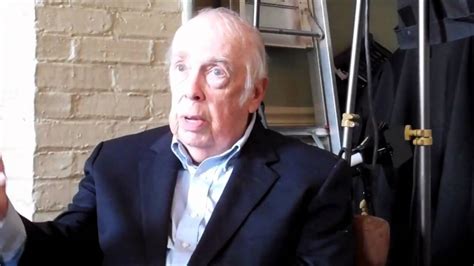A Quote by Heather Cox Richardson
By 1929, 5 percent of the population received one-third of the nation's income. The structural weaknesses of this economy plunged the nation into the Great Depression.
Related Quotes
All third world literature is about nation, that identity is the fundamental literary problem in the third world. The writer's identity is insecure because the nation's identity is not secure. The nation doesn't provide the third world writer with a secure identity, because the nation is colonized, it's oppressed, it's part of somebody else's empire.
In order to bring a nation to support the burdens incident to maintaining great military establishments, it is necessary to create an emotional state akin to war psychology. There must be the portrayal of an external menace or of internal conditions rendered intolerable by the unjust restraints of foreign nations. This involves the development to a high degree of the nation-hero nation-villain ideology and the arousing of the population to a sense of the duty of sacrifice.
The nation as such is not a large subject that has needs, that works, practices economy, and consumes. . . . Thus the phenomena of “national economy” . . . are, rather, the results of all the innumerable individual economic efforts in the nation and . . . must also be theoretically interpreted in this light. . . .Whoever wants to understand theoretically the phenomena of “national economy” . . . must for this reason attempt to go back to their true elements, to the singular economies in the nation, and to investigate the laws by which the former are built up from the latter.
I think everybody is in agreement that America is a great entrepreneurial nation. We have got to encourage that. Of course, we have to support small and medium-sized businesses. But you can have all of the growth that you want and it doesn't mean anything if all of the new income and wealth is going to the top 1 percent.
Over the period from 1988 to 2005, the income share of the top five percent has grown by about 3.5 percent of global household income, and the shares of all the other groups have diminished. The greatest relative reduction was in the bottom quarter, which lost about one third of its share of global household income, declining from 1.155 to 0.775 percent, and now is even more marginalized.
President Lyndon Johnson's administration was known for his War on Poverty. President Obama's will become notable for his War on Prosperity. We're speaking, of course, of Obama's plans to hike income taxes on the most wealthy 2 or 3 percent of the nation. He's not just raising the top rate to 39.6 percent; he's also disallowing about one-third of top earner's deductions, whether for state and local taxes, charitable contributions or mortgage interest. This is an effective hike in their taxes by an average of about 20 percent.





































